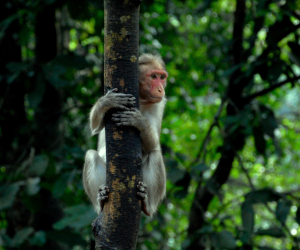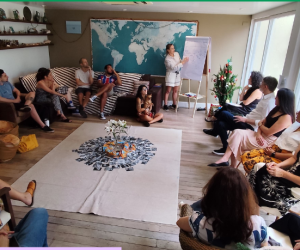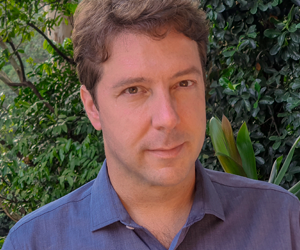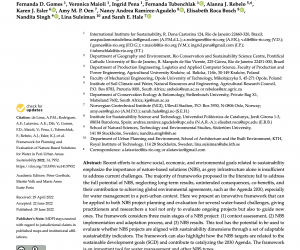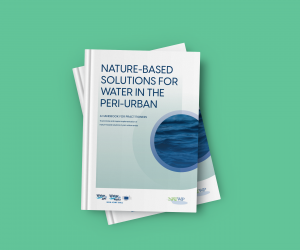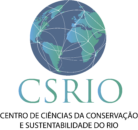NATWIP: Nature based solutions for water management in the periurban: linking ecological, social and economic dimensions
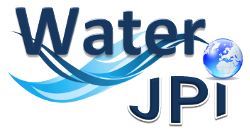
The periurban areas are regions between rural and urban landscape where the increase of urbanization is often disordered, affecting the ecological and hydrological processes of the region through river bank degradation and pollution by sewage and dumps.
The project “Nature Based Solutions for Water Management in the Periurban” aims to contribute to closing the water cycle gap by exploring the potentials that Nature Based Solutions (NBS) offer to address water management challenges in periurban areas.
The main objective is to exchange learning experiences through partnerships and promote the debate between science and society in order to increase awareness among practitioners and users on the application of NBS to manage water scarcity, pollution, and risks related to extreme hydrological events.
There are 4 project sub-objectives which will be reached through four workpackages (WPs) aiming at (1) reviewing international experiences, (2) establishing methodological framework to assess NBS, (3) applying the framework at each case study site, and (4) creating a common narrative. Also, a fifth workpackage will be responsible for project management and communication.
NATWIP aims to progress beyond the current debate which addresses the question of closing the water cycle gap only in urban cores, ignoring the specificities of the periurban areas. The innovativeness of the project lies in developing an integrated methodological framework for assessing nature-based solutions for water in periurban regions, developing a ‘best practices’ guidebook for promoting adoption of NBS, and in general, building and sharing knowledge on the potential of NBSs for water in the periurban spaces.
The project will include case study sites in Norway, Sweden, Spain, Poland, South Africa, India and Brazil where the project partners have established contacts.
In addition to IIS, the other partners in the elaboration and execution of the project are:
School of Natural Sciences, Technology and Environmental Studies, Södertörn University (Sweden). – Coordinator
Department of Sustainable Development, Environmental Science and Engineering, KTH Royal Institute of Technology (Sweden) – Partner
Department: Conservation Ecology & Entomology, Faculty AgriSciences, Stellenbosch University (South Africa) – Partner
Centre for Conservation & Sustainability Science, Pontifical Catholic University of Rio de Janeiro (Brazil) – Partner
Institute of Sustainability Science and Technology. Universitat Politècnica de Catalunya (Spain) – Partner
Environment Department, Norwegian Geotechnical Institute (Norway) – Partner
University of Agriculture in Krakow, Faculty of Production and Power Engineering, Institute of Agricultural Engineering and Informatics (Poland) – Parnter
The project was covered by the so-called Water JPI 2018 Joint Call on “Closing the Water Cycle Gap – Sustainable Management of Water Resources”.

